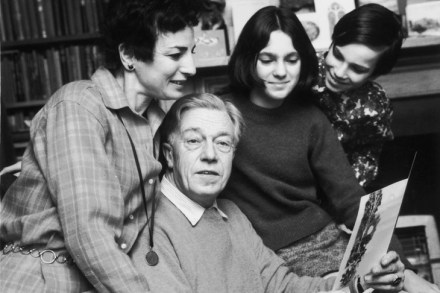A dense, angry fable
Set partly in a future surveillance society, partly in ancient Carthage and 1970s Ethiopia, partly in contemporary Greece and London and partly in the synaptic passageways of the human brain, this huge sci-fi detective novel of ideas is so eccentric, so audaciously plotted and so completely labyrinthine and bizarre that I had to put it aside more than once to emit Keanu-like ‘Whoahs’ of appreciation. Science fiction in general is having an interesting moment right now, as writers and filmmakers respond to the loopily futuristic contemporaneities of robotics and AI research, but Nick Harkaway goes further than most in this vast and baroque novel. It’s a technological shaggy-dog tale that





















